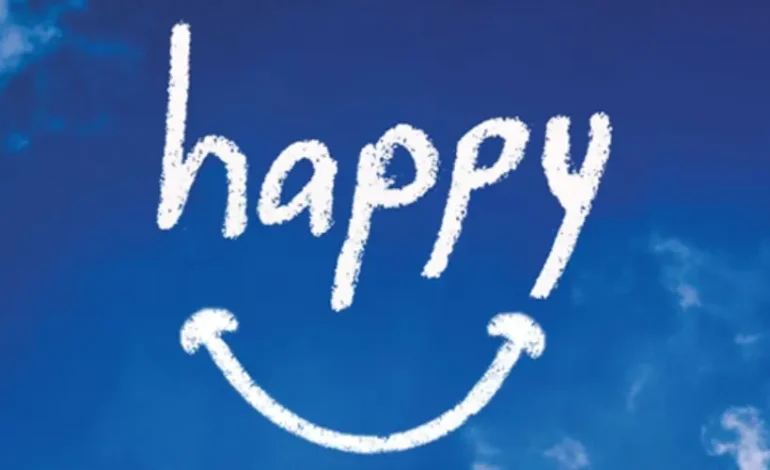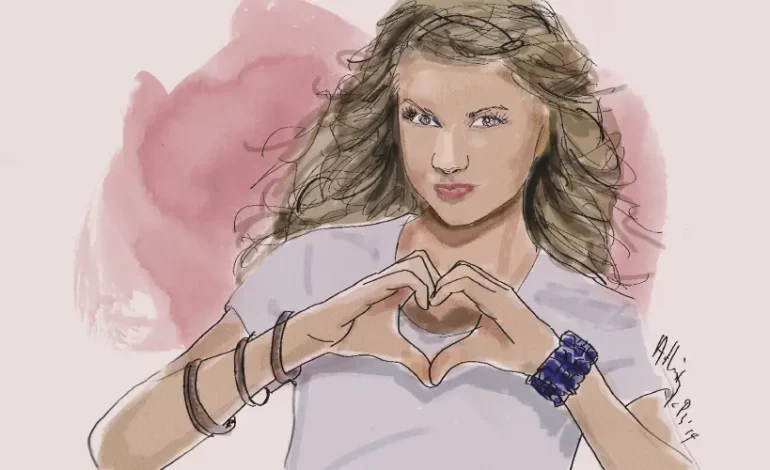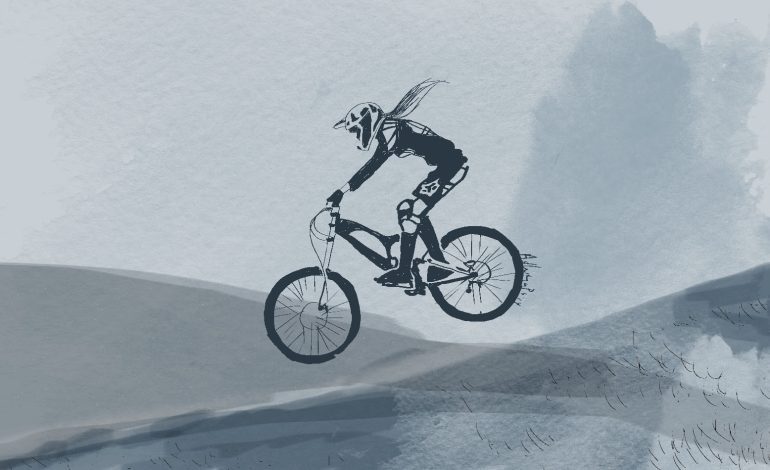What Makes Us Happy?

The multiple-award winning documentary Happy is never more relevant than today, when the world seems steeped in obsession with the excessive pursuits of wealth and power. Released in 2011, Happy does not preach about how to live a better life. Rather it taps into the science, philosophy and the dynamics behind that most coveted emotion that we all strive to find – often in wrong places. Happy delivers insights of intrinsic goals and shows that people are, in fact, resilient by nature.
The crew traveled around the globe and spent years looking for real stories, from a rickshaw driver in India, a Namibian bushman, a former American debutante who was disfigured for life in an accident, a German ex-banker, a Brazilian surfer, as well as experts in the field.
In an emailed interview with Magdalene, the documentary producer Eiji Han Shimizu says he found during filming that happiness is a learned skill that is “highly trainable”. Making the film has also changed the Yokohama-born Shimizu profoundly.
“I take my lazy morning breakfast seriously, possess only things that I need, and spend a lot of time looking within to know what I have, instead of seeking outside for what I do not have,” said Shimizu, who moved from Tokyo to a small village in Bali.
Here is an excerpt of the Magdalene’s email interview with Shimizu:
What was the starting point of the whole project? Why happiness?
Eight years ago, our executive producer, Tom Shadyac (director of popular comedy movies such as Nutty Professor, Bruce Almighty, Patch Adams and others) read a newspaper article about the ranking of happy nations. America, I think, was ranked 23, whereas according to the article, the happiest country was Bangladesh, one of the poorest nations in the world. Living in Beverly Hills and surrounded by the richest, most powerful and beautiful people on earth, Tom started to wonder what made people really happy as he saw people around him who had almost everything were not happy at all. Tom commissioned us to document what’s going on in terms of happiness around the world in a form of feature length documentary film.

Tell us about your time filming Happy.
Roko Belic, my best friend, is the director of the film. Roko and I, as the producer, had an opportunity to travel around the world, hanging out with extraordinary people and the brightest minds in science and spirituality, and get paid for learning about happiness. It was the best years of my life. The theme was so profound. We originally thought that we could finish making it in two years, and ended up spending six years completing it, as the more we learned about happiness, the more intrigued we became and the more we wanted to dig deeper.
We went to 16 different countries, looking deep into the lives of San bushmen in Kalahari desert, businessmen in the busy streets of Tokyo, surfers in the beach of Brazil, single mothers in co-housing in Denmark, and slum dwellers in Kolkata.
Also, we spent quite a bit of time interviewing leading neuroscientists and psychologists to find out what science has found on happiness so far. Were you surprised by anything you learned during filming that might be different from what you expected?
Were you surprised by anything you learned during filming that might be different from what you expected?
What’s unexpected was the fact that happiness is just like a skill, and that it is highly trainable. Imagine a pie chart. Psychologists find that 50 percent of our happiness is determined by genes. If your parents are optimistic, you tend to be born with a happy brain. The rest of the pie is very interesting. It can be split into two groups; 10 percent and 40 percent. Contrary to what society promotes, only 10 percent of our happiness is determined by our life-circumstances; such as your income level, status, looks, and etc. I was surprised how small that slice is, because I blindly believed that these things are essential for a happy life. Forty percent of our happiness is determined by what we can do on a daily basis. Things we can do without changing our lives dramatically. These are random acts of kindness, meditation, being grateful, spending extra time with your family and friends, etc. The more you do these things, the better you get good at them, thus happiness increases.
What challenges did you face?
In retrospect, challenges we faced made the best part of our journey. At the beginning of this project, Roko and I discussed that someday we would make a good movie and people would like it. This might happen or might not happen. And if it did, it would certainly be a happy moment. But what we had promised to each other was that because we were making a movie on happiness, we needed to exemplify what happy people do and how they live. We decided to enjoy every single moment, both good and bad, including some challenges ahead of us.
In fact, we did have some serious challenges; we ran out of money, we did not agree on editing, we were chased by secret police in Cairo, etc. etc. But because we set our mind at the beginning to enjoy all that, we, in fact, felt excited when we met each challenge and learned to like it. Interestingly, our film found its audience worldwide eventually, and we often receive big applause. But come to think of it, I enjoyed more the difficult times than today’s glorious moments on stages. This experience taught me a lot. If one sets his or her intention properly, one can enjoy even difficulties and gain some happiness from them.
Was the story-telling process in track with originally planned or was it more of a process of discovering the stories?
We were commissioned to make a film about happiness. But in fact, what we ended up making was a film about compassion. It was not our intention, but after traveling around the world and witnessing how very happy people live, we could not help but noticing that the happy people we saw, despite the differences in income, ethnicity, culture, and age, are all giving, kind and even altruistic. Taking a risk of sounding dogmatic, we verified our discovery with scientists, and very interestingly, many of them confirmed with empirical data that there is a strong correlation between compassion and happiness. Compassion does lead to happiness.
So what makes people really happy? Is there any common value in making people happy? How can you attain happiness?
I got so intrigued by the subject of happiness during and after this project that I continued the journey to learn more about it. I became a passionate meditator, certified in Positive Psychology, and I became a teacher of CEB (Cultivating Emotional Balance) and became teacher of Search Inside Yourself (Google’s happiness HR program). Through these endeavors, some key components of happiness became clear. Three of my favorites and the most effective in my opinion are: mindfulness, compassion, and gratitude. These are highly trainable at any age.
Was there any lifestyle changes from the crew after filming Happy?
I simplified my life significantly. I moved to a small village in Bali from the city life in Tokyo. I meditate every day. I take my lazy morning breakfast seriously, possess only things that I need, and spend a lot of time looking within to know what I have, instead of seeking outside for what I do not have. I also conduct workshops on what I learned about happiness and share audience at universities, corporations, and yoga studios.
Roko felt the importance of family and community, and he and his girlfriend decided to move to a small trailer park, which has a tight knit community, and started a family with a daughter.
What are your expectations for Happy in terms of how it will affect the audience?
We want as many people around the world as possible to watch Happy, as we believe our message is universal. And we want them to watch it with family and friends, and discuss what’s important after screening and start a dialogue.
https://player.vimeo.com/video/11335940
Follow @sirimski on Twitter






















